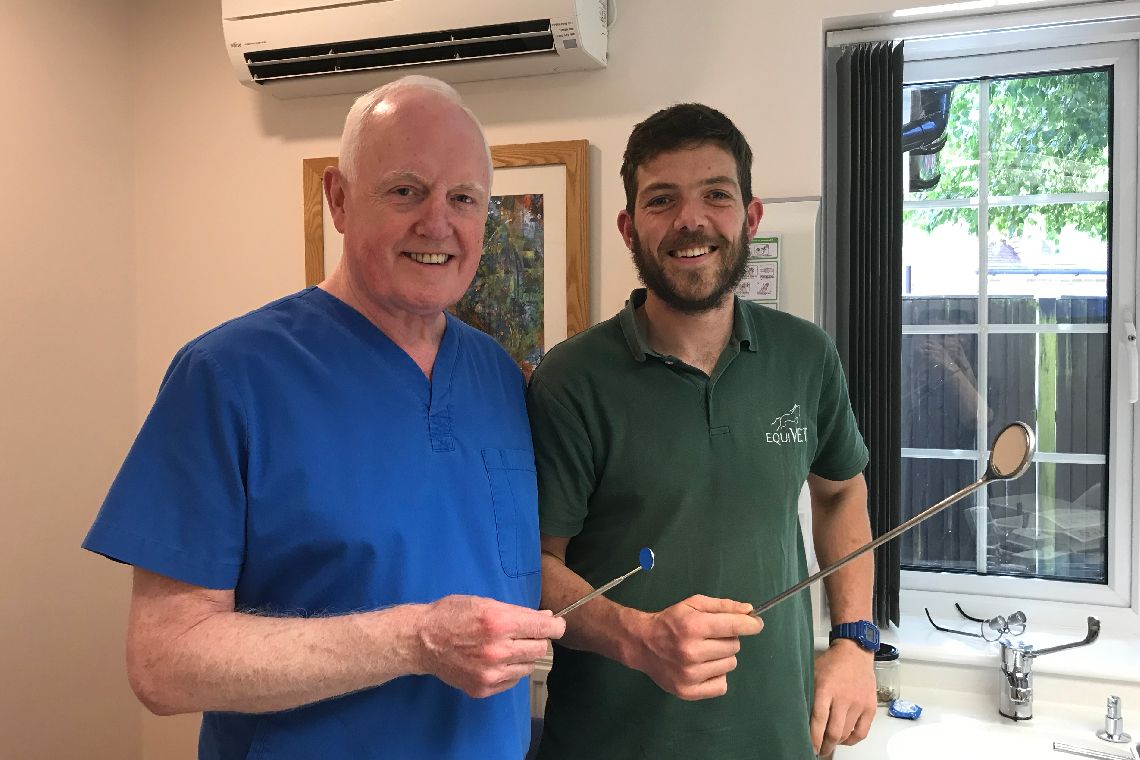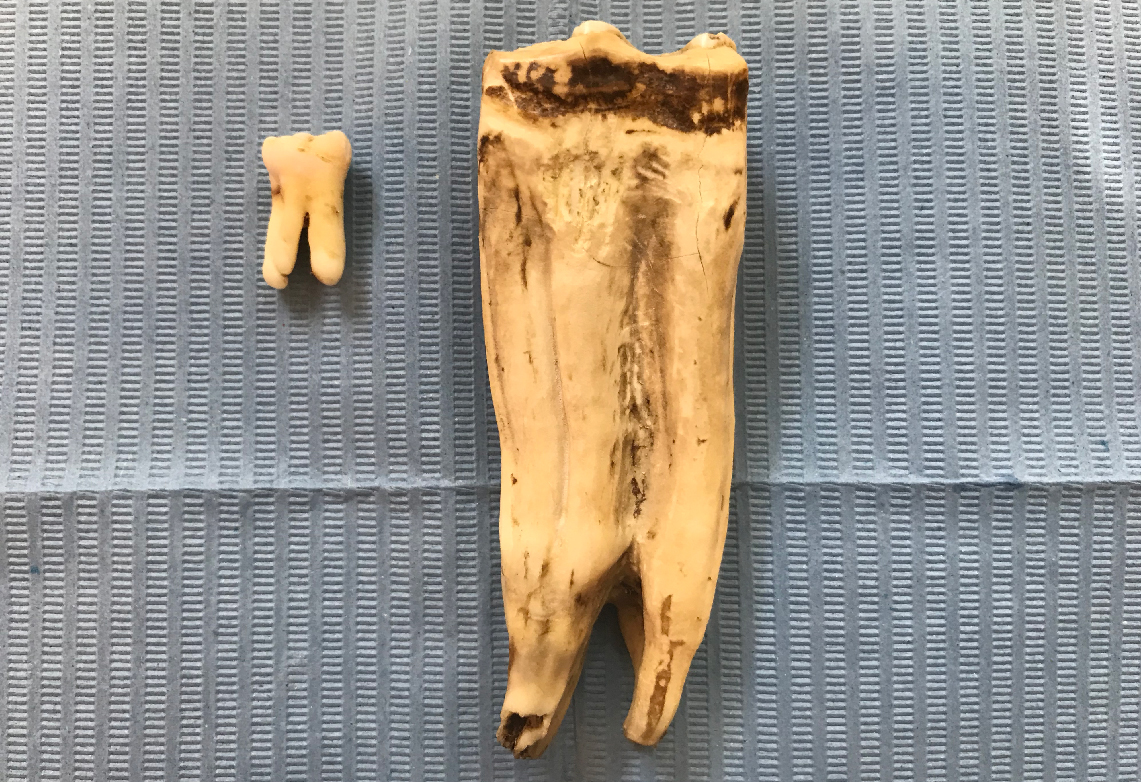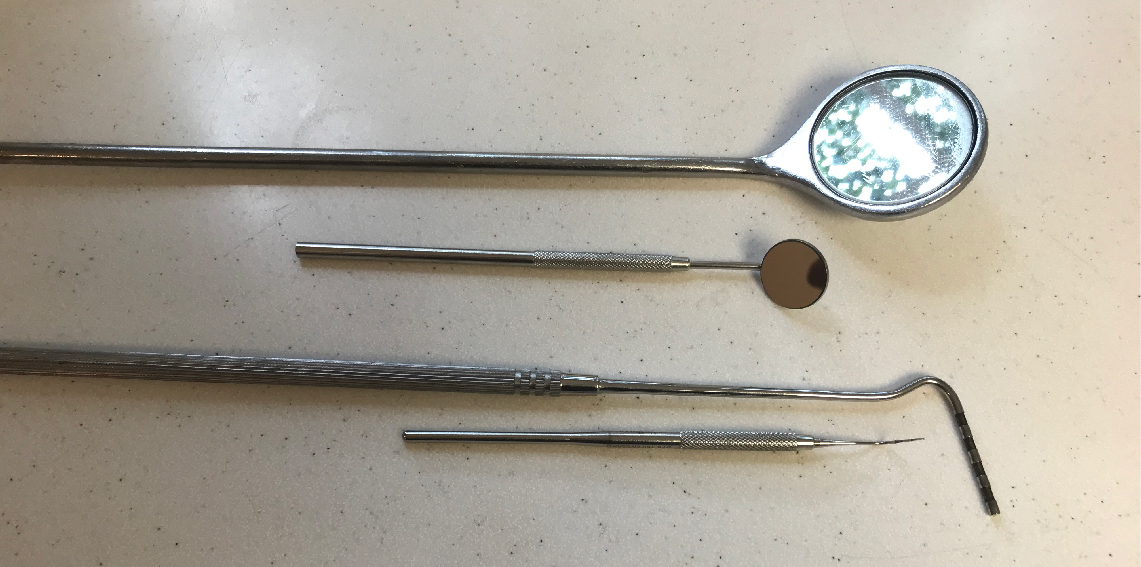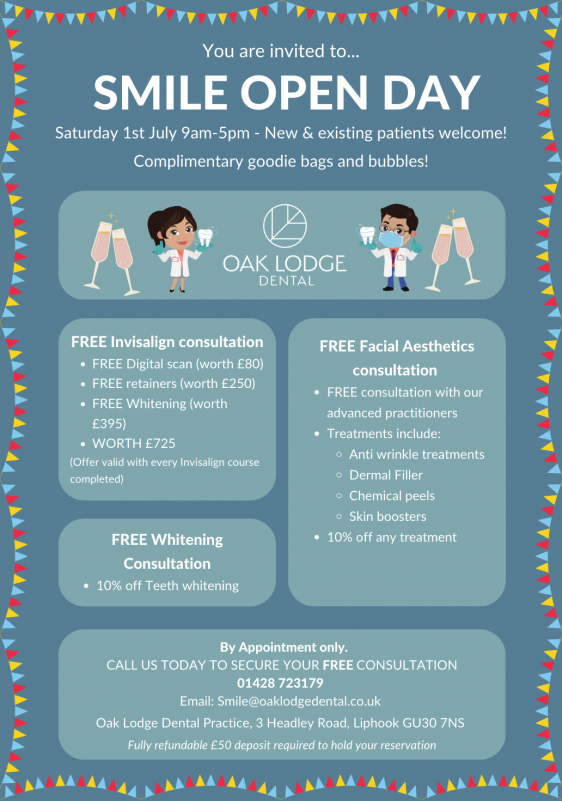Patient profile: meet Jack!
26/06/2019

We love getting to know our patients, find out all about Jack, who works with some very interesting patients in his line of work.
Horses need dental work too!
Having graduated from Liverpool University, Jack started his veterinary career working in a mixed practice giving him experience with a huge variety of animals from cats and dogs to cows, horses and even a reindeer. Enjoying his time with the horses, he did an internship at Liphook Equine Hospital and then joined Equi-Vet in 2015.
A growing part of Jack’s job is dental work. Most of us have never seen the inside of a horse's mouth, let alone had our hands in there trying to perform dental work!
Horses teeth are totally different to humans, in that they continually wear down throughout their life due to the constant chewing and abbrasvie diet. Generally as long as they have a well balanced diet, the dental issues tend to be minimal. However, changes in diet, breeding and care can lead to over-growth, which is then treated by vets like Jack, rasping to reduce the growth and any sharp areas to avoid ulcers.
Luckily, developments in equipment mean that rasping teeth is no longer an overly labour-intensive treatment, making it a less invasive and lengthy experience for the horse. Added to an increase in awareness and evolutions in technology and equipment, dental care for horses is now becoming a more mainstream course of treatment.
Extraction, a slow and delicate procedure
It’s unusal to extract teeth from a young horse, because although it solves one issue, it will likely lead to a lifetime of increased dental care as there is no longer a perfect arc of teeth to grind evenly and the gap will lead to the rest of the teeth drifting.
However, there are cases when it’s the best course of action. Jack recently spent over 7 hours treating a 6yr old pony to extract an infected tooth which had spread to the lower jaw. As a young horse the tooth was very large, almost as big as it’s ever going to be and despite the infection, it wasn’t at all loose. So it was a delicate task to slowly and very carefully wiggle and loosen the tooth over many hours to avoid breaking it, which would have resulted in surgery for the horse.
Jack’s determination and patience won out eventually and the horse is now much happier and doing well with his healthy mouth. It’s hard to imagine the size of a horse’s tooth, so we photographed it next to one of Jack’s very own wisdom teeth – which Dr Bolton extracted last year.

The similarities of dental instruments
Some of the instruments used for equine and human patients look similar, though luckily for us, Dr Bolton and Dr Tiwana use far more delicate instruments than Jack uses on his equine friends – just look at the size of the instruments that Jack uses next to the ones we’re all very familiar with!

We hope you’ve enjoyed reading about Jack and his fascinating job, if you’d like to appear on our website and social media with a patient profile feature, please contact smile@oaklodgedental.co.uk
